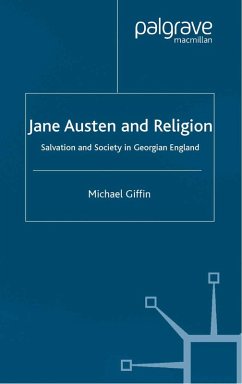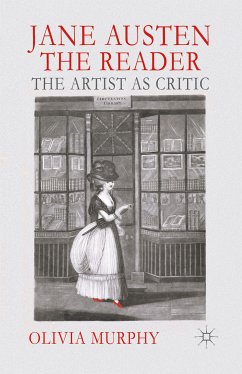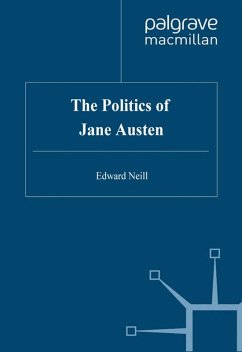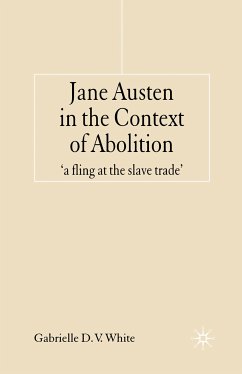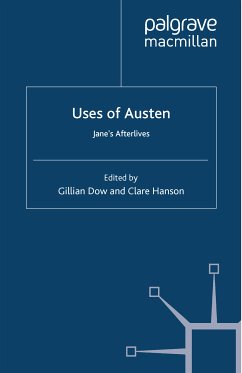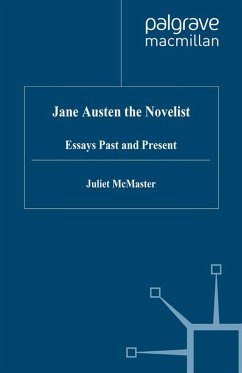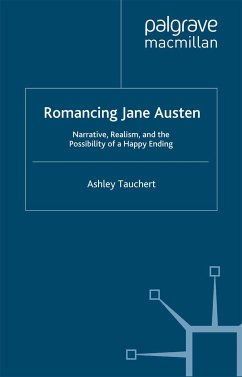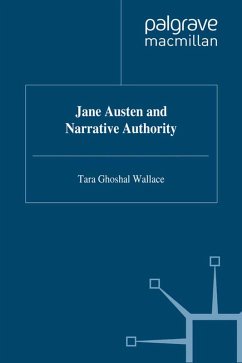Jane Austen is often thought of as a secular author, because religion seems absent from her novels, because she satirises her clerical characters, and because history and literacy criticism - and the literary sensibility of the twenty-first century reader - is overwhelmingly secular. Michael Giffin offers a reading of Austen's published novels against the background of a 'long eighteenth century' that stretched from the Restoration to the end of the Georgian period. He demonstrates that Austen is a neoclassical author of the Enlightenment who writes through the twin prisms of British Empiricism and Georgian Anglicanism. His focus is on how Austen's novels mirror a belief in natural law and natural order; and how they reflect John Locke's theory of knowledge through reason, revelation and reflection on experience. His reading suggests there is a thread of neoclassical philosophy and theology running through and between each of Austen's novels, which is best understood in its cultural context.
Dieser Download kann aus rechtlichen Gründen nur mit Rechnungsadresse in A, B, BG, CY, CZ, D, DK, EW, E, FIN, F, GR, HR, H, IRL, I, LT, L, LR, M, NL, PL, P, R, S, SLO, SK ausgeliefert werden.

